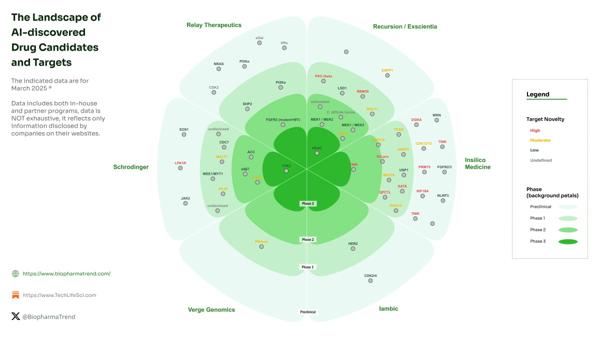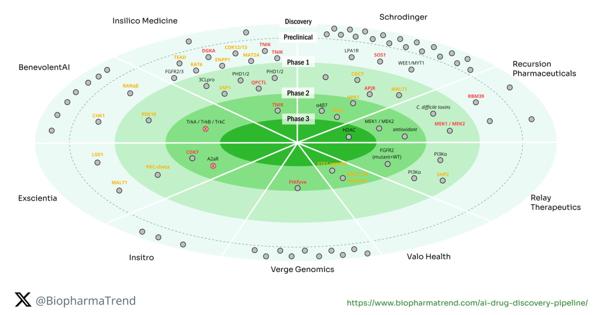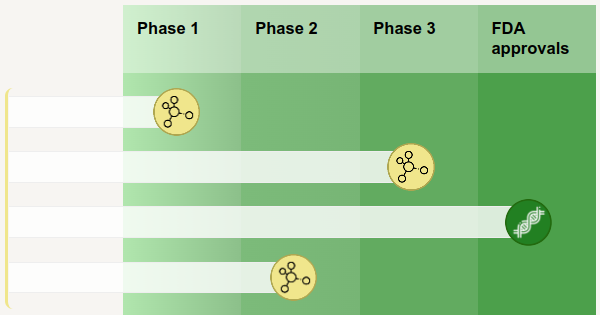A Boutique Intelligence Lab for Deep Tech in Life Sciences
We curate the noise into structured, usable insights.
(Get 50% off your first year with early commitment. Be among the first to access our curated intelligence lab when we launch. Limited early-bird seats available.)
Why This Exists
PitchBook and CB Insights cover everything. Blogs and reports are scattered and outdated. Our mission is different: to give you focused briefs, interactive company lists, and a searchable directory across the most exciting frontiers in tech+bio.
What You Get
🔍 Curated Directories
Searchable and filterable company lists (20–100 per category), spanning AI in drug discovery, data infrastructure, organ-on-chip, quantum biology, novel modalities, and more.
📊 Analytical Briefs
Concise reports on emerging tech areas and industry trends — updated regularly, never stale.
🧭 Industry Snapshots
Short, insightful takes on deals, startups, collaborations, and R&D directions.
🎙 Exclusive Insights
Occasional interviews and perspectives from founders, investors, and scientists shaping the future of life sciences.
Who It’s For
For innovation teams, VCs, and pharma scouts who need clarity without drowning in 200-page reports.
Why Us
- Boutique & focused: Only deep tech in life sciences — nothing else.
- Always fresh: Manually curated, updated continuously.
- Actionable: Briefs, lists, and dashboards designed for decision-making.
- Affordable: A fraction of traditional consulting fees.
Pricing
Annual Subscription: €1200 (excluding taxes). Team and enterprise plans available on request.
Includes:
✔ Full access to all directories
✔ All briefs & updates throughout the year
✔ New verticals and company lists as we expand
✔ Priority access to exclusive insights
(Get 50% off your first year with early commitment. Be among the first to access our curated intelligence lab when we launch. Limited early-bird seats available.)


